evaporated milk for kittens
 3 Easy Ways to Make Emergency Kitten Food - wikiHow
3 Easy Ways to Make Emergency Kitten Food - wikiHowKitten orphaned Attention By D.L. Smith-Reed, DVMFeeding an orphaned newborn kitten is a challenge but can be fun and rewarding. Here are some guidelines you should follow by helping orphan kittens. If you are sure that the mother cat is unable to take care of them, congratulations... You have a new and challenging responsibility! First we need to determine how old they are before we start feeding them. Kitten eyes usually open between 7 and 14. If your eyes are still closed, the kittens are quite young and you have a lot of work ahead of you. Fortunately, it is a very rewarding job to see these kittens grow and thrive. Have your veterinarian review them as soon as possible to determine your health and age. Any notable health problem such as skin lesions, raw eyelids or dehydration presence can be addressed by your veterinarian and the proper treatment began. It is regrettable and sad that not all kittens and puppies receive the feeding and safety of a mother. Home Care If you are committed to helping newborn kittens and becoming your substitute mother, then you will have to provide a safe and warm home for them. You can use a box or a small box with plenty of dry and clean bed linen. Make sure you change your bed linen often so it doesn't get too dirty. Place the new "den" in a warm and quiet place free of drafts, but be careful not to overheat them either. Do not put them next to a heating fan or air conditioning. Heating pads under a box can be useful. Kittens should be in an environment that is about 92 degrees; monitor the air temperature around kittens frequently. Once they are 2 weeks old, they will be better equipped to generate their own body heat and their surrounding air temperature becomes less critical. FoodFor very young kittens, you will need to acquire a substitute for milk kitten and some feeding devices. Many veterinarians will use an ordinary eye dropper or a small syringe as a means of dispensing the milk substitute to the kitten. Most pet shops or veterinary clinics also have nursing bottles, but be alert to the fact that some kittens can't suck the content through the nipple. You may need to squeeze the milk for the kitten while you have the nipple in the pussy's mouth. Heat it a little, too, under the hot water tap. If it is after hours in your local animal hospital, your short-term solution will be to mix an egg yolk with an evaporated milk can (be sure it is not the sweetened condensed milk). This is only a temporary "solution" and should only be used for a couple of foods. In the first few foods, kittens will probably only consume a little cc milk. (There are 5 ccs in a teaspoon.) You will have to feed every couple of hours at first and gradually accumulate time between meals as they begin to eat more in each meal. Start by offering a small amount. If the kitten does not easily eat from the nipple and bottle, try an eye or syringe and drop a little in the mouth, adding more to the rhythm of the kitten. Make sure the milk is above the ambient temperature; try not to microwave as you can cause hot spots in the milk. Follow instructions on the milk substitute to mix and store. Contact your veterinarian if the kitten does not eat for more than six hours, as hypoglycemia can occur quickly in young kittens that are not getting nutrition. Once they hang up on it, kittens should consume the milk substitute with greed. You can stop the feeding when the kitten starts to decrease the consumption or is disinterested. When orphan kittens reach about 3 weeks of age, you can start providing comet food based on beef that can curl. Mix the wet food with water until you get a soda consistency, and consider heating the mixture before serving. Be sure to keep a fresh supply and not too much at once. It is also important to monitor kittens while eating, as they are unstable and can fall head first into food. Once they start eating food as it comes from the can, you can leave out of dry kibble so they move, too. A kibble is recommended with good levels of protein and fat. Stay in touch with your veterinarian if you notice any health problems or "poor". A "doerpoor" is a kitten or a puppy that crawls behind the other lithterms in the body size, alertness or level of activity. The sooner problems are detected and addressed, the better the chance of recovery. Hygiene Another thing you'll need to do, since Mom's not there to clean after kittens, is to stimulate kittens to remove waste during or after each feeding. You can achieve it using a hot and wet paper towel to gently massage the anal and urinary openings. Your kitten should urinate immediately and/or defecate. Then gently dry the area to prevent irritation and infection. As kittens age and more mobile and exploratory, you can provide a low-sided cardboard box with a small amount of bunk so that kittens get used to. It is usually instinct for them to scratch something for their disposal habits. Once you begin to urinate and stool on your own (usually 3 weeks old), you will be able to give up that particular job of helping you. Health Some things to monitor over the next few weeks are appetite, activity level and growth. You will have to call the veterinarian if a kitten does not eat or stop eating. Bathroom habits should be predictable, and you should talk to your veterinarian if urinating or defecating changes, or if the attitude or level of activity of the kitten also changes. Other health concerns include higher respiratory infections that create sneezing and eye and nose discharge. Many times the eyes will receive so much discharge, the eyelids will clutter and stick together. Wet cotton ball with warm water and keep it in your eyes for a few seconds to moisten the discharge. So, very gently clean one at two times to remove the smooth bark and open your eyes until you can contact your veterinarian. Several different parasites are a concern and can weaken a young kitten. Your veterinarian should treat fleas, mites, lice and intestinal parasites. Do not use free-sale medicines without consulting your veterinarian as very young kittens may not tolerate some of these products. Many types of problems can be determined at the time of the first visit. Your veterinarian may suggest that you leave a stool sample to 4 weeks old to check for intestinal parasites. Follow-upFor 6 weeks of age, kittens should be on their way to eat, drink and explore on their own and be the focus of entertainment. Have your veterinarian review them and discuss vaccination recommendations. Depending on the veterinarian, the vaccines will begin between 6 and 8 weeks of age. In addition, viral tests are likely to be performed to rule out feline leukemia and feline immunodeficiency virus. Oh, and good luck giving them to new owners. It will be very difficult to let these orphan kittens go to their new homes without you. See also Image: / via FlickrRelated publicationsFollow usSign up for our NewsletterNews pageHome pageCopyright @ 2020 PetMD.
Can I Give My Cat Evaporated Milk? – Can I Give My Cat?
Can kittens drink evaporated milk? - Quora
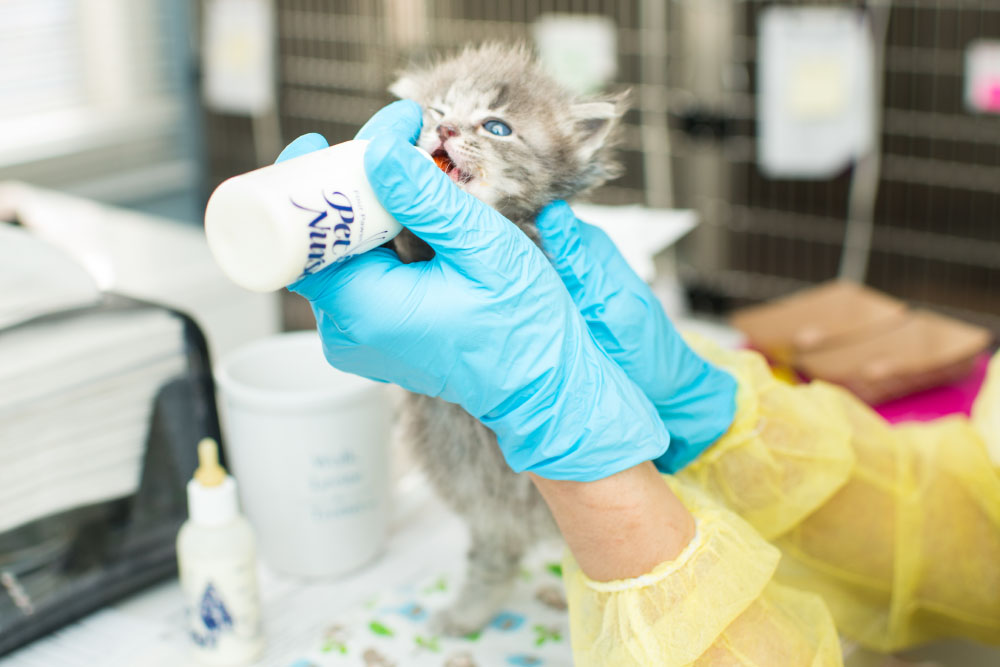
Recipes For Homemade Kitten Formula • Kitten Rescue

3 Simple Ways to Make Kitten Formula - wikiHow

4 Homemade kitten formula recipes - CatPet.club

Kitten Milk Replacer Recipe for Orphaned Kittens - Other People's Pets

Pet Ag Kmr Milk Replacer For Kittens - Liquid 11Oz: Amazon.in: Pet Supplies
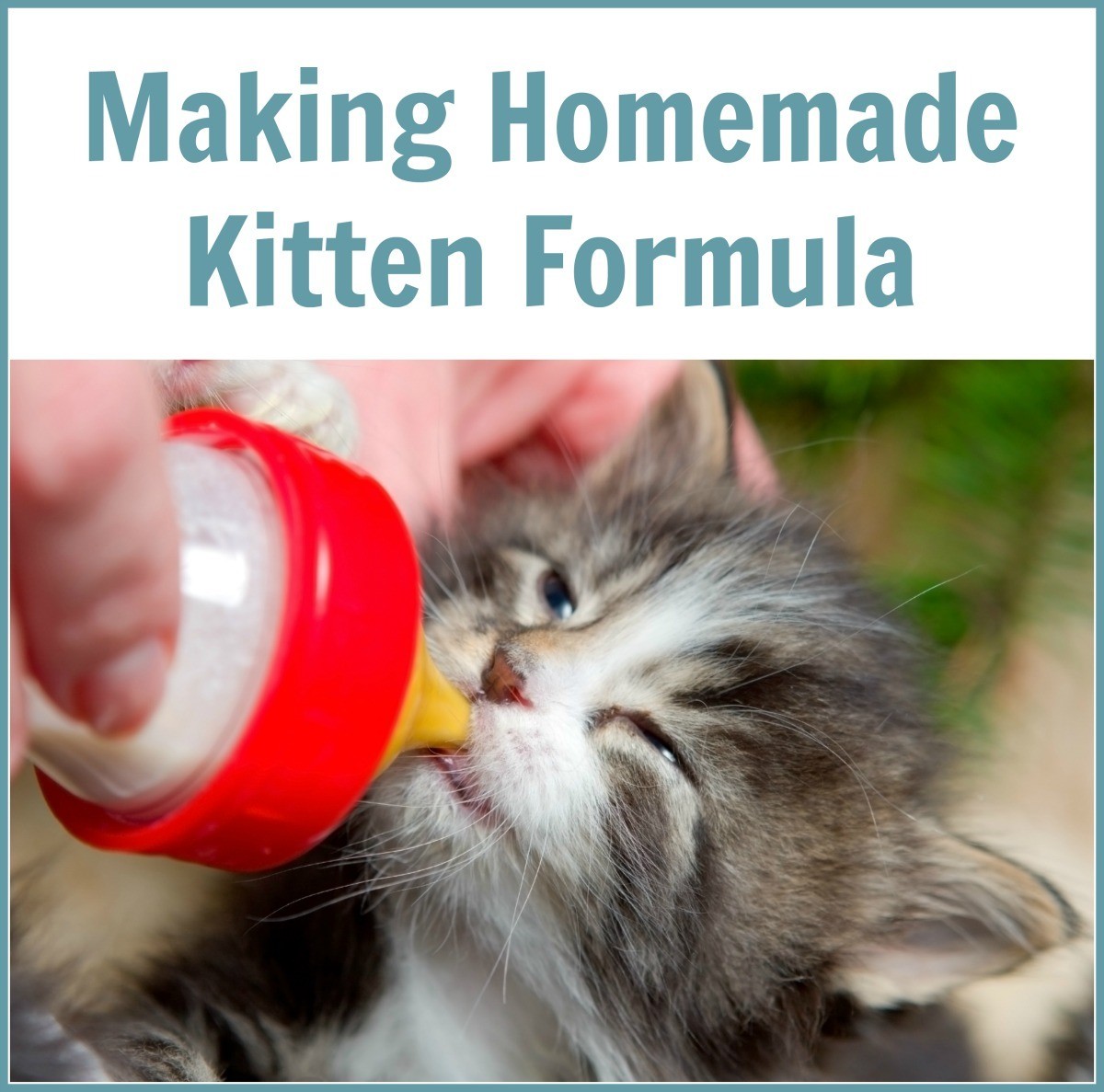
Making Homemade Kitten Formula | ThriftyFun

Pin on Products I Love
/GettyImages-112174189-59b44fe4d963ac0011c6f607.jpg)
Kitten Formula Recipes and How to Bottle Feed a Kitten

3 Simple Ways to Make Kitten Formula - wikiHow

Homemade Kitten Formula glop | Kitten formula, How to make homemade, Evaporated milk

Kitten Milk Replacer Recipe for Orphaned Kittens - Other People's Pets
:max_bytes(150000):strip_icc()/post-natal-cat-care-555416_V3-de29216d84b04323bad29f898a976578.png)
Kitten Formula Recipes and How to Bottle Feed a Kitten
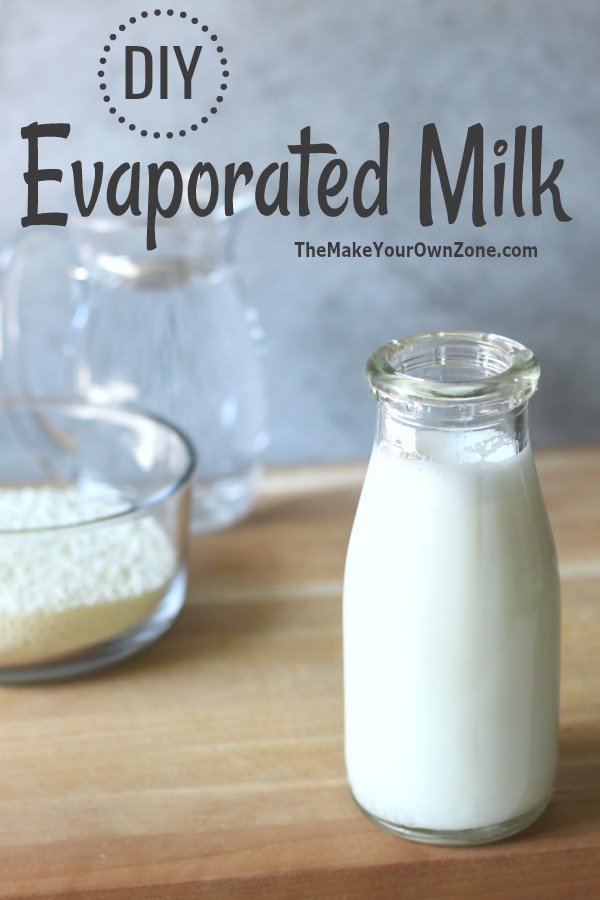
DIY Evaporated Milk - The Make Your Own Zone
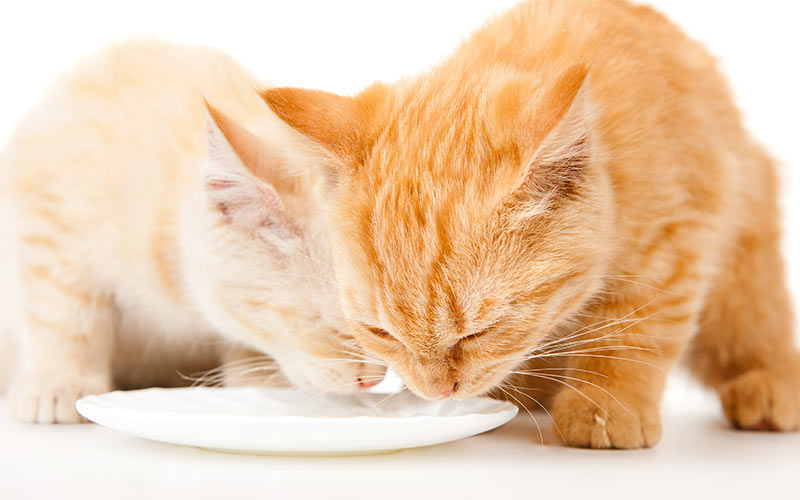
What Kind Of Milk Can Cats Drink, And Should Cats Drink Milk At All

Kitten Milk Replacer Recipe for Orphaned Kittens - Other People's Pets

Feeding Young and Newborn Kittens, Feeding Schedules, Instructions and Emergency Formulas
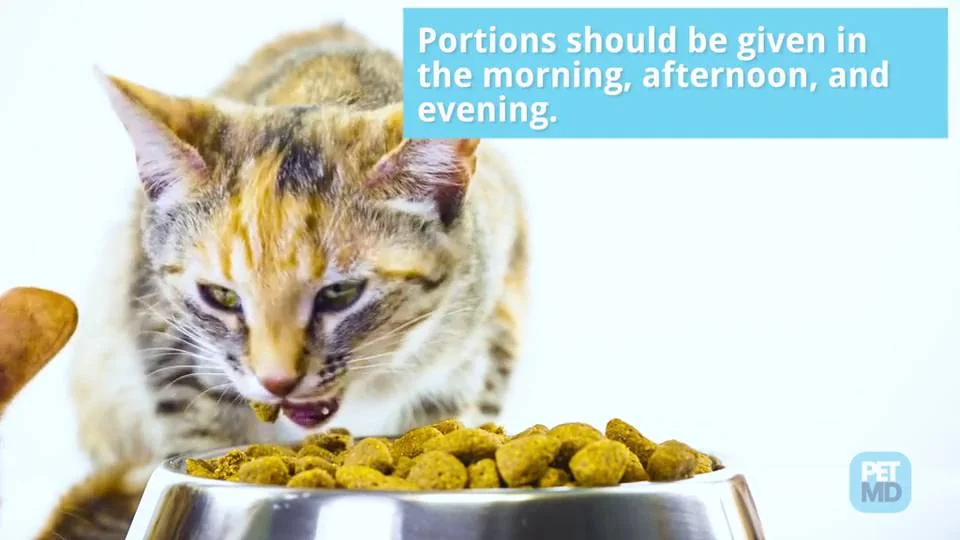
Orphaned Kitten Care | PetMD
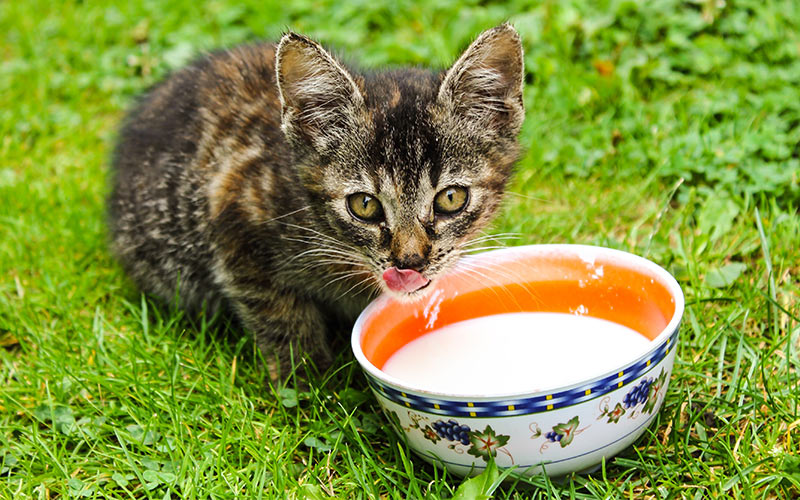
What Kind Of Milk Can Cats Drink, And Should Cats Drink Milk At All
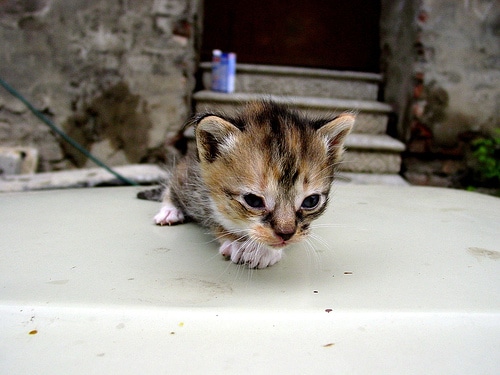
Orphaned Kitten Care | PetMD

Kitten glob 2. | Unflavored, Evaporated milk, Baby bottles
Can kittens drink evaporated milk? - Quora

How to Make Homemade Kitten Formula? (Most Useful Tips For Feeding) - Everything For Pets!
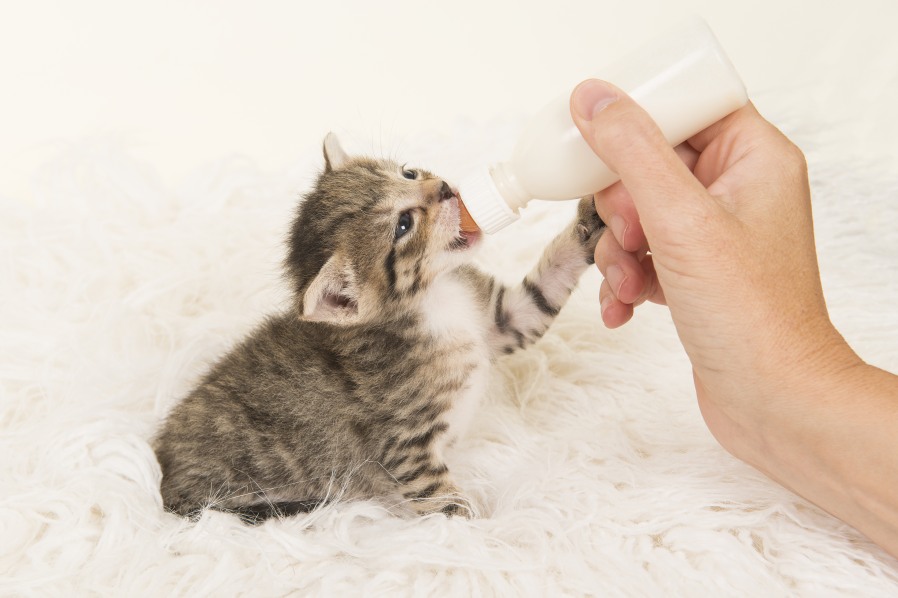
Tails from the Foster Kittens~: Should you feed kittens goat milk?

How to Make Homemade Kitten Formula? (Most Useful Tips For Feeding) - Everything For Pets!
:max_bytes(150000):strip_icc()/1402202101_698711dc5d_o-56a111d23df78cafdaa917c4.jpg)
Kitten Formula Recipes and How to Bottle Feed a Kitten
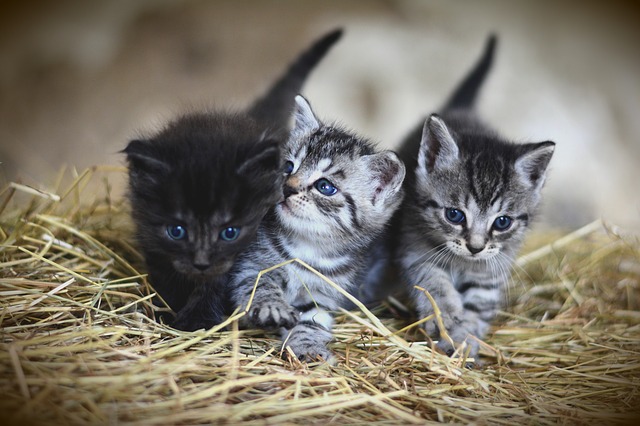
What to Feed a Kitten | My Feline Buddy

What to feed a newborn kitten - Chicago Tribune
Found this kitten rummaging through my trash, licking a can of evaporated milk (all over face) : aww

BL09F0URWD: A Milk Substitute For Newborn Kittens without Mother Cat | Newborn kittens, Kittens cutest baby, Kittens

Easy Homemade Formula Recipe For Kittens | Cuteness

Top 10 Homemade kitten formulas | The Vet's Care

The Little Cats' Rescue: Rescue Resources
Can kittens drink evaporated milk? - Quora

How to Give Newborn Kittens Away: 11 Steps (with Pictures)
What To Feed - Kitten Rescue

Kitten Formula Recipe - Homemade Kitten Formulas | Kitten formula, Kitten, Kitten formula recipe

Pet Milk (Page 1) - Line.17QQ.com

4 Homemade kitten formula recipes - CatPet.club
Posting Komentar untuk "evaporated milk for kittens"